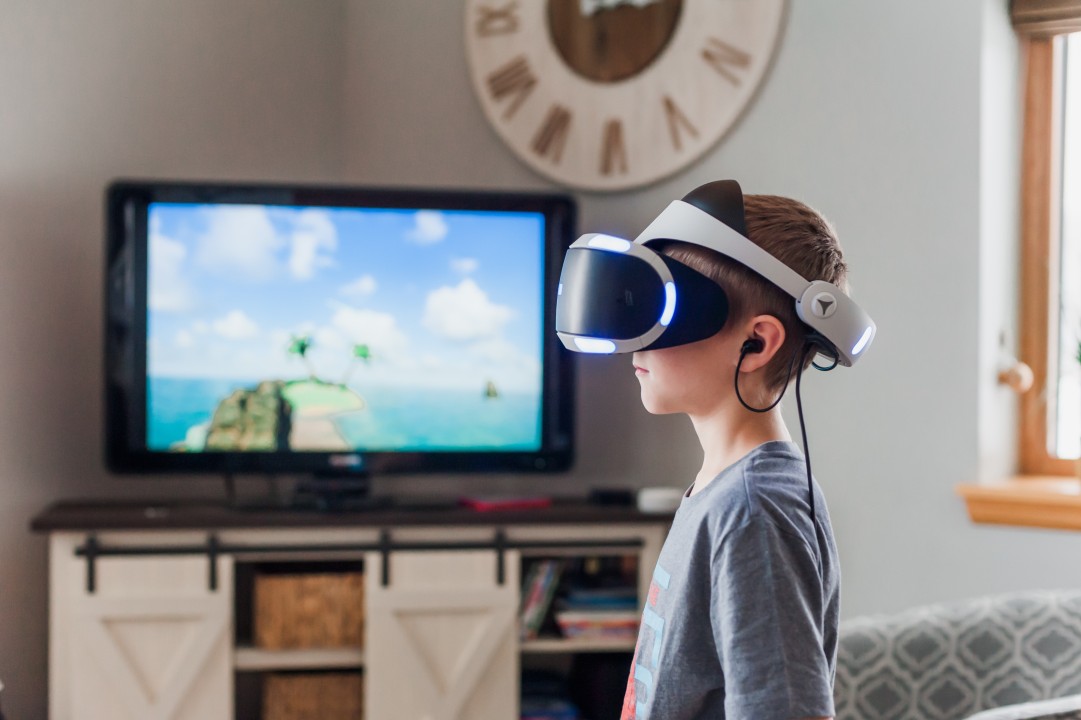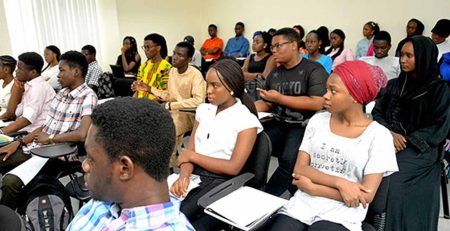Education 2030: Navigating the Future of Learning
The landscape of education is undergoing a profound transformation, driven by rapid technological advancements, changing societal needs, and a shift in pedagogical paradigms. As we stand on the brink of a new era, the future of education promises to be innovative, inclusive, and tailored to individual needs. In this article, we explore the key trends shaping the future of education and the transformative impact they are set to have on learners, educators, and the global community.
1. Personalized Learning and Adaptive Technologies:
The future of education is personalized. Adaptive learning technologies, powered by artificial intelligence and machine learning, enable tailored learning experiences. These technologies analyze students’ strengths and weaknesses, adapting the curriculum to suit individual needs. Personalized learning fosters a deeper understanding of subjects, enhancing overall student engagement and academic success.
2. Online and Blended Learning Environments:
The rise of online learning platforms and virtual classrooms has democratized education, making learning accessible to people around the globe. Blended learning models, combining online and in-person instruction, offer flexibility and customization. These approaches cater to diverse learning styles, allowing students to progress at their own pace and engage with course materials in innovative ways.
3. Lifelong Learning and Continuous Skill Development:
In the rapidly evolving job market, lifelong learning has become essential. The future of education emphasizes continuous skill development and upskilling. Online certifications, micro-credentials, and Massive Open Online Courses (MOOCs) provide avenues for professionals to acquire new skills and adapt to changing industry demands, ensuring their relevance in the workforce.
4. Collaborative and Project-Based Learning:
Collaborative learning environments, both in physical classrooms and virtual spaces, foster teamwork, communication, and problem-solving skills. Project-based learning approaches engage students in real-world challenges, encouraging critical thinking and creativity. These methods prepare students for the complexities of the modern world, where collaboration and innovation are paramount.
5. Emphasis on Social-Emotional Learning (SEL):
Beyond academics, education in the future will prioritize social-emotional skills such as empathy, communication, and resilience. SEL programs promote emotional intelligence, mental health, and well-being among students. Educators will play a crucial role in nurturing these skills, creating a supportive and inclusive learning environment that empowers students to thrive personally and academically.
6. Global and Intercultural Education:
The interconnectedness of the world demands a global perspective in education. Intercultural understanding, appreciation of diversity, and global citizenship will be integral components of the future curriculum. Virtual exchange programs, cultural exchanges, and collaborative projects with students from different parts of the world will broaden students’ horizons and prepare them to be global citizens.
7. Integration of Emerging Technologies:
Emerging technologies, such as augmented reality (AR), virtual reality (VR), and blockchain, will revolutionize educational experiences. AR and VR offer immersive learning environments, enabling students to explore historical sites, conduct virtual experiments, and engage in interactive simulations. Blockchain technology ensures the security of educational credentials, facilitating seamless transitions between educational institutions and the workforce.
In conclusion, the future of education is dynamic, learner-centered, and adaptable. Embracing technological innovations, fostering social-emotional skills, and promoting global awareness are fundamental to preparing future generations for success. Educators, policymakers, and stakeholders must collaborate to create an educational ecosystem that nurtures curiosity, creativity, and a lifelong passion for learning. By investing in these principles, we can pave the way for a brighter, more knowledgeable future for all.











Leave a Reply